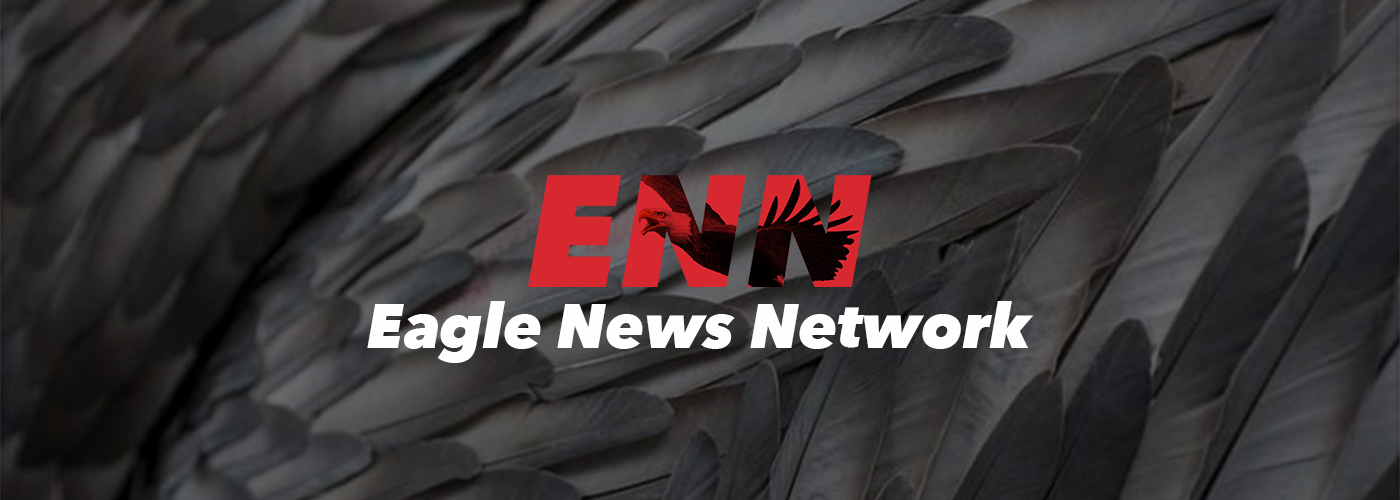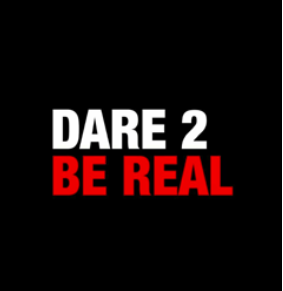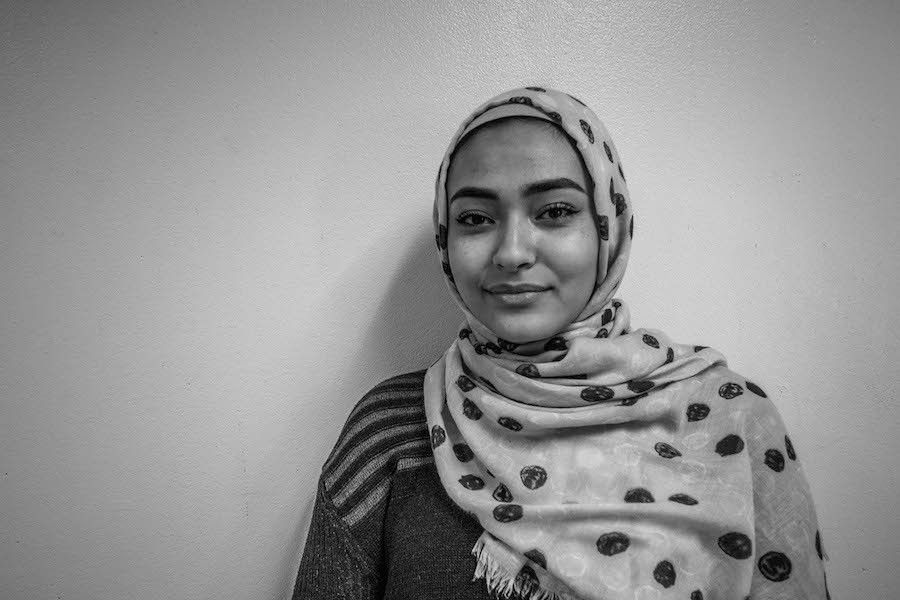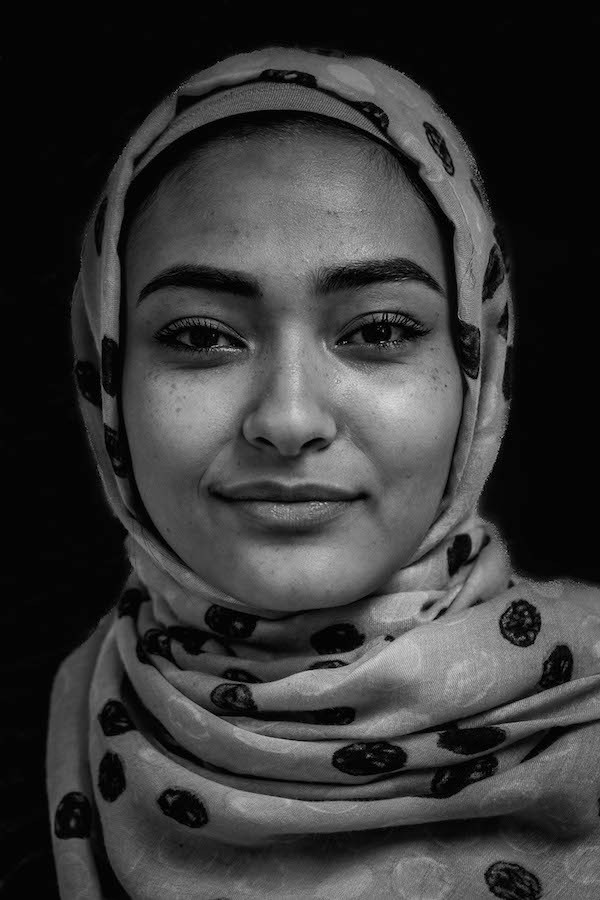Islamophobia Persists
Islamophobia on the rise: It’s a phrase that’s been circulating through the media, yet what exactly does it entail for the average Muslim? According to senior Saad Abdulkadir, Islamophobia is what happens when people group the overwhelming majority of law-abiding and peaceful Muslims such as himself together with an infinitesimal minority of violent extremists.
Statistics show that after every lone attack perpetrated by someone claiming to be Muslim (usually in affiliation with a terrorist group), Muslims worldwide end up paying the price. In other words, 1.6 billion must repeatedly assume the blame for the actions of a few. Abdulkadir explained that this culpability comes in many different forms, “I’ve definitely experienced it. Sometimes it’s as small as staring, yelling “Allahu akbar” when I pass by, other times it’s more damaging.”
While Abdulkadir hasn’t personally experienced the most “damaging” forms of Islamophobia, many other Muslims have. According to The Guardian, London witnessed a 70% rise in the amount of Islamophobic attacks this past year, a number that spiked to 300% following the weeks after the Paris attacks. Here in America, hate crimes began occurring after the Paris attacks and San Bernardino shooting with a fervency that left many Muslims fearful of leaving the house.
Sophomore Toka Hassan has firsthand experience of this fear. “After the Paris attacks,” Hassan said, “my parents didn’t want me to leave the house. I wear a hijab, so my religion goes wherever I do. There was no hiding it.” Anti-Muslim rhetoric from political pundits such as Donald Trump have added fuel to this wave of islamophobia
Other Muslim students such as sophomore Maryam Ibrahim recounted tips they’ve heard Muslims use to stay safe in a country that’s increasingly hostile towards Islam. “Some of my hijab-wearing friends wear hoods or baseball caps when they drive so people can’t tell that they’re wearing a headscarf,” said Ibrahim.
Perhaps the most unwelcoming place to be a Muslim nowadays is online. “People say things on social media that they wouldn’t normally say in person. I try to stay away from that negativity,” said Abdulkadir. Hassan explained that she used to engage Islamophobic people online in an attempt to educate them, yet soon gave up. “There was no point,” said Hassan, “They didn’t want to change.” She explained that people often targeted her online due to her religion, messaging her insults that she had done nothing to receive. To her, being called a terrorist was the least offensive slur relative to the other pejorative terms people have branded her with.
So how is Eden Prairie High School handling Islamophobia? Currently, EPHS houses a chapter of the Muslim Student Association, a club that meets weekly to discuss issues relating to being a Muslim youth in America and offers an outlet for Muslim students to voice concerns. “At this school, it’s not too bad. People handle it pretty well and I find that most are understanding. At least if someone is Islamophobic, they don’t say it to your face.” Other Muslim students arrived at the same consensus: at least in person, people are not overtly Islamophobic. Unfortunately, just because the sentiment isn’t always expressed, doesn’t mean it doesn’t exist.
“I think in general people at our school are uneducated about the topic of Islam and what being a Muslim means but are too scared to actually ask a Muslim to explain. Instead they accept whatever the media tells them.” said Hassan. Principal Conn McCartan agrees that isolated incidents of Islamophobia do happen at our school, yet doesn’t believe that a “pervasive culture exists.”
The most recent incident of Islamophobia in our district was an anonymous letter that was floating around in which a parent in the Eden Prairie School District lamented about the horrors of electing a Muslim man to the school board, with the listed consequences ranging from pork being banned to the implementation sharia law. At the insistence of the MSA, McCartan wrote a response condemning this letter.
While Islamophobia at Eden Prairie seems like a non-issue on the surface, it continues to play a prominent and damaging role behind the scenes. Rather than ignore this sentiment, it’s time EPHS had a conversation addressing these feelings.
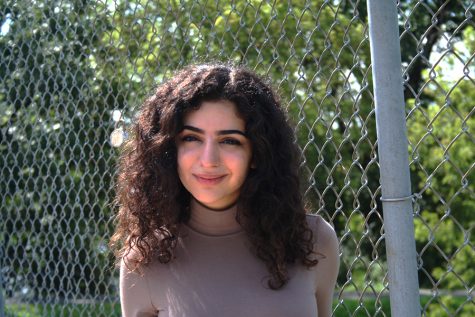
My name is Tala Alfoqaha and I’m a senior staffer with big hair and bigger opinions. You can catch me taking and editing pictures, reading, eating, drawing,...

